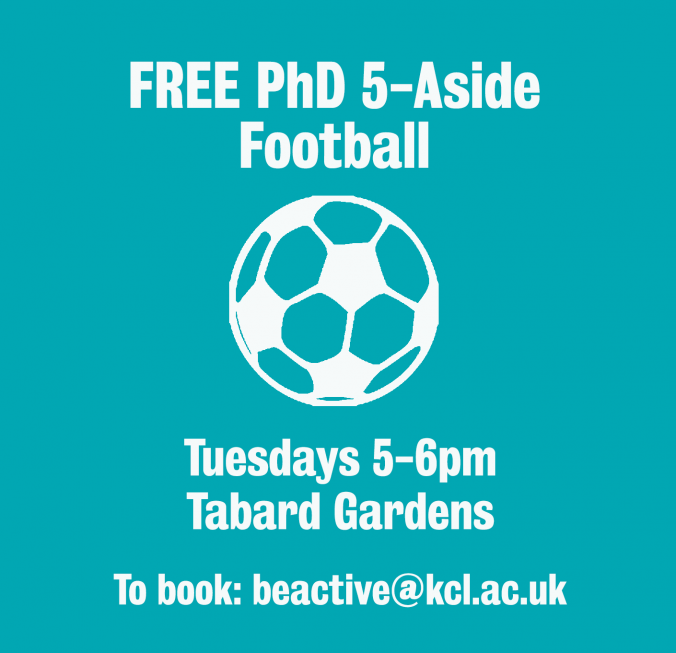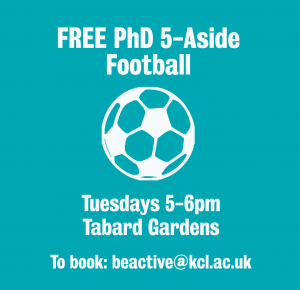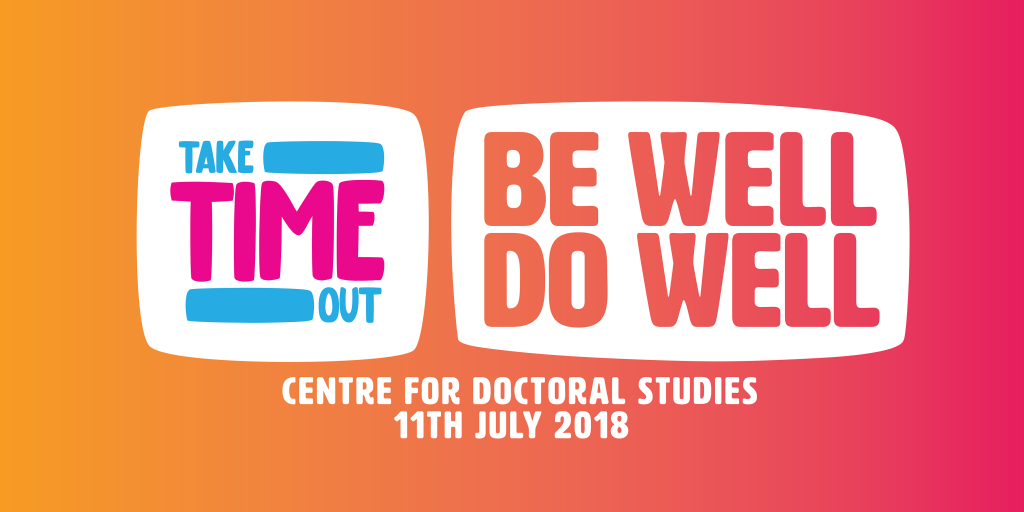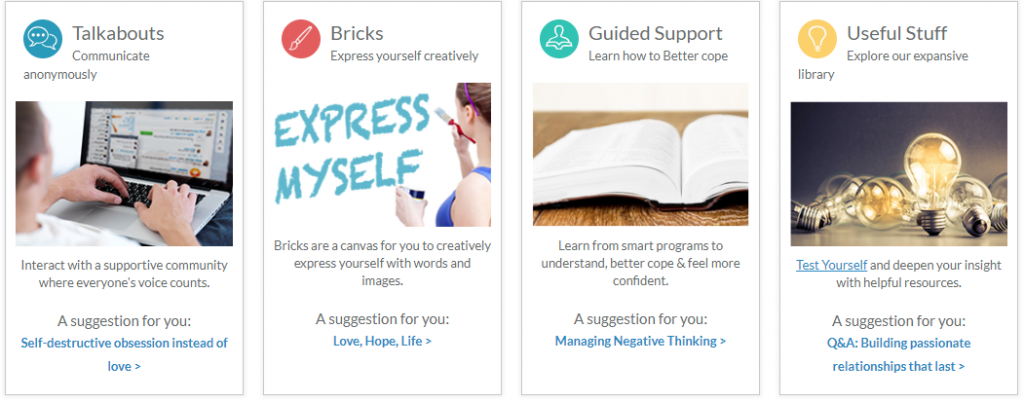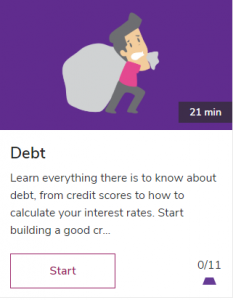Dr Nicola Byrom is Lecturer in Psychology at Kings’ College London and is conducting research into wellbeing and mental health issues for PhD students.
In this post, Dr Byrom reflects on some of the issues and advantages that come with the experience of being independent during the PhD.
As part of an Office for Students / Research England funded project with Derby University I’ve had the opportunity to interview PhD students about their experience. It seems a time packed full of challenging balances to navigate. Many students point to the freedom that they have as one of the best parts of being a PhD student; you have the opportunity to create your own profile, to manage your own time, to follow your own interests and motivations.
As with any long project, there are peaks and troughs. At the peaks the independence is exhilarating. In the troughs, the independence can feel overwhelming. With independence comes a real sense that “this is on me;” that if you don’t work out how to make the experiment work, or how to get a project running, no one else will.
Students have talked to me about the challenges they face around training. Even when working in a large and supportive lab group, it can be hard to find someone to help when you get stuck. It feels like this is because, as everyone specialises, there may genuinely be no one within the group who really understands what you are doing and why you are stuck. Reflecting on this experience, students see the positives; these experiences teach you to have self-confidence – you can, eventually, solve problems on your own. If grit wasn’t a pre-requisite for a PhD, it seems to be something most students feel they’ve developed.
When you are independent, you are also responsible. When things are going well, this can feel great. When problems arise, experiments don’t work, or your line of inquiry hits a dead end, it can feel awful. At these points, it can be difficult to separate personal responsibility for errors (the self-doubt can be quick to creep in) from the reality of research; failure is common. After nearly a decade working in research, I’ve learnt that the only certainty seems to be that most things fail! Failure is part of the process, it is something that we can learn from, but that reality doesn’t make it much easier to bear your first failures.
The feeling of independence, and the positives that accompany this, was not universal. Two situations seem liable to curtail independence. First, where a student has transitioned from working as a research assistant in a laboratory group to completing his/her PhD in this group, there can be challenges making the transition to independence. It can be difficult to let go of previous projects and papers to find time to carve out for your own work. Second, where students have industry funded PhDs and spend some of their time in industry, there may be conflicting ideas about the purpose of a PhD, with industry partners expecting to have more influence over the focus of the research and even the day-to-day activities.
Finally, most PhD students that we’ve spoken to so far identify that there is a limit to this independence; their studies are, after all, directed by their supervisor. Interestingly, students in their later years of study have been describing a process of learning to manage their supervisor; there is a process to work through from looking to the supervisor for direction to truly feeling you own the project.
As a PhD student, do you have independence? Is this a positive thing? Or can it be a challenge? You can share your experience and help us better understand how to support PhD students by visiting our survey page.


